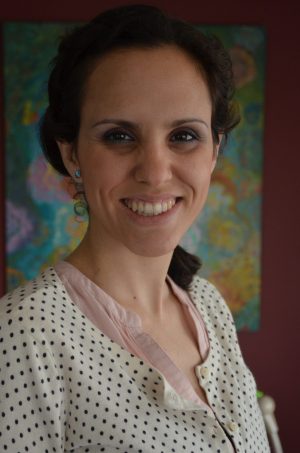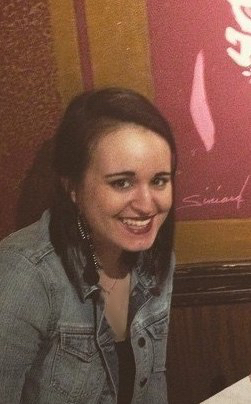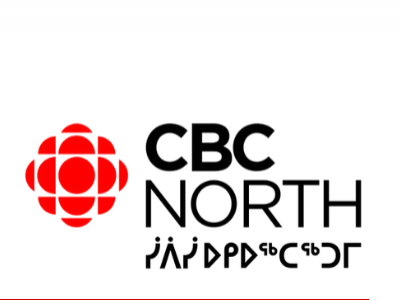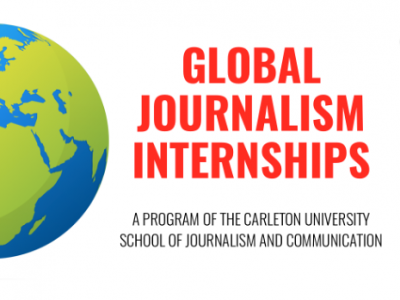Three graduate students in the Communication and Media Studies program have recently been named recipients of some highly competitive externally-funded donor awards at Carleton.

Liane Chiblow, MA Student
In December, Liane Chiblow, Gabriela Capurro, and Bethany Berard all received the good news that they had won funding to support their research.
“We are very pleased to have the university recognize the brilliance, dedication, and creativity of our students, and especially gratified that the diversity of our students’ research and experience was recognized through these awards,” said Chris Russill, Associate Professor and Graduate Supervisor.
Liane Chiblow, a first-year Master’s student, won the New Sun Graduate Bursary. This bursary is awarded annually to First Nations, Inuit and Métis students at the graduate level who are studying in fields such as Indigenous governance, public administration, social work, architecture and environmental studies.
“I found out I won just before the Christmas break,” said Chiblow. “I didn’t think I had any chances of winning this award and I was completely over the moon when I found out I was the successful candidate.”
Chiblow’s research explores traditional oral storytelling as an important part of Indigenous history, culture and ways of life. Through examining creation stories and Anishinaabeg storytelling, her research aims to explore the multilevel bodies of theory as they relate to communication, decolonization and Indigenous resurgence.
“As a single mother, this award represents not only my achievements in academia but also in the ability to balance work, school and personal life,” said Chiblow. “I’m so incredibly honored to be chosen for the New Sun Graduate Award and will continue to infiltrate my Anishinaabe experiences and knowledge throughout my graduate research.”

Gabriela Capurro, PhD Candidate
Gabriela Capurro, a PhD candidate, won the Hamlin Graduate Fellowship, awarded to outstanding students entering or proceeding from one year to another in any graduate program of study at Carleton.
“I know these awards are very competitive and just being nominated to it was an honor,” said Capurro. “Having this fellowship is incredibly rewarding and I feel encouraged to keep working hard (and enjoying doing what I do!). It will also allow me to pay for some of the travel costs for my dissertation research.”
Capurro submitted her dissertation proposal in December and is now waiting to defend it. She will then begin her research on the discursive construction of antibiotic resistance as a public health risk.
Her work was also recently featured in an article on the Faculty of Graduate and Postdoctoral Affairs website.

Bethany Berard, PhD Candidate
Bethany Berard, a PhD candidate, won a David and Rachel Epstein Scholarship, an award that identifies and supports outstanding graduate students at Carleton.
“I found out about the award at the end of the semester, right before the break. It was great news to get at the end of a busy semester, and I was incredibly humbled to receive it,” said Berard. “Receiving this award means that Carleton values some of the same things I do, particularly academic citizenship and investing in one’s academic community. With respect to my work, this award makes some of my more ambitious research plans plausible.”
Berard’s research looks at how visual technologies influence society, politics, and social norms.
“I am currently working on a trio of projects that look at how we discuss photography in terms of trust and truth,” she explained. “The first discusses what photographs we trust and why using humanist and post-humanist logics; the second looks at how individuals, institutions, and instruments come to stand in for why a photograph is argued to be true or not; and the third project is an assessment of the ubiquity of ‘filters’ in online photography which has changed how we understand photos. Now, often the assumption is that photos are edited unless we are told otherwise, which is a pretty big shift if we take a longer historical view of photography.”
Tuesday, January 9, 2018 in Communication News, News, Research
Share: Twitter, Facebook



